Unlock digitalization in banking that helps you
Deliver Imaginative
Experiences
with connected data, personalized rich moment elevation, and fast, seamless servicing
Design Solutions Ready
for Infinite Digital Plays
by simplifying connectivity, agility, speed, and abstracting away complexity
Realize Operational
Excellence
with faster, accurate and more transparent business operations
Create powerful business outcomes with innovative digital onboarding solutions
Speed up customer
digital channel adoption
Save operational
costs
Hypercharge
customer acquisition and retention
Reduce fraud
and leakage
Lead the market in
customer satisfaction
Drive decisions with
deep data visibility
The future of Banking is digital
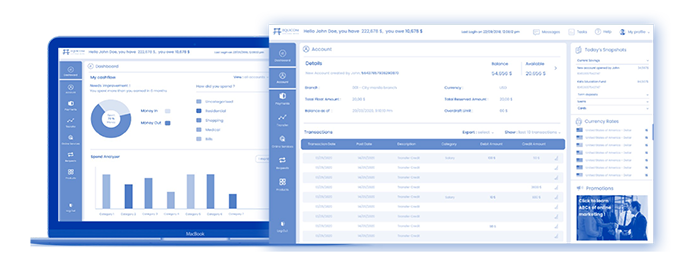
- Banking services via the web, mobile, and tablet devices.
- Single integrated view of customer’s profile, holdings, and interactions
- Integrated sales campaign and case management capabilities
- Automated loan origination cycle
- Advanced analysis technology to make timely and informed decisions
Mobile &
Internet Banking
Customer Relationship
Management (CRM)
Branch Delivery
System (BDS)
Branchless
Banking
Trade &
Payments
Biometric
Enrollment (eKYC)
Loan Origination
System (LOS)
Revolutionize your digital banking solutions. Just like they did.
Find out how Neutrinos Low Code Platform transformed the banking journey for some of the leading banks across the world.
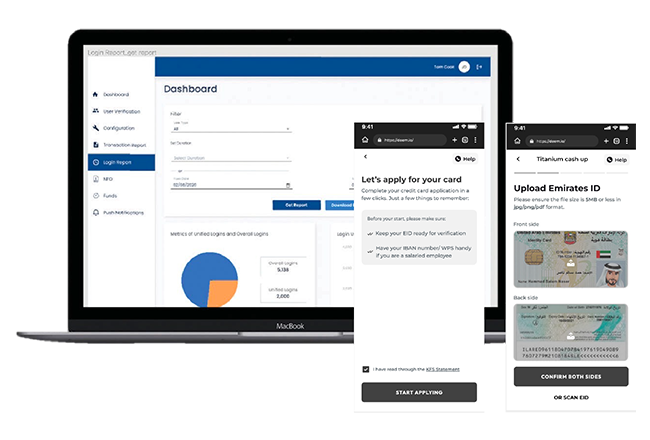
Retail Digital Banking
For UAE’s fastest growing NBFC, Neutrinos insurance automation software implemented full service digital onboarding solutions with web & mobile applications at customer contact centers in Phase 1 and back-office transformation in Phase 2. Payments, cards or loans? We’ve got everything covered.
- D2C Mobile Banking Credit Card, Loan and Account Onboarding & Self Service
- Mobile Responsive App & Content Framework (Others, My Products, Preferences)
- Reporting on Digital Banking Mobile and We App Activities
- General Customer Self Service (FAQ, Contact Us, etc.) Instant notifications of account transactions
- Smart messaging and reminders. Mobile help desk and chats for customer support

The Key to Kiosk Management
Neutrino Low Code Development Platform helped a full-service digital bank in South Africa complete banking transactions and payment card issuance via kiosks equipped with our intelligent document processing software, installed in retail outlets within weeks. With remote health monitoring for the kiosks and automated as well as guided remediation, the bank was able to prevent failures and outages before they occur and reduce the cost of kiosk operations.
Printing
Remote
Dashboard
Biometrics
Integrated Scanners
Remote system
Monitoring
Application
Interface
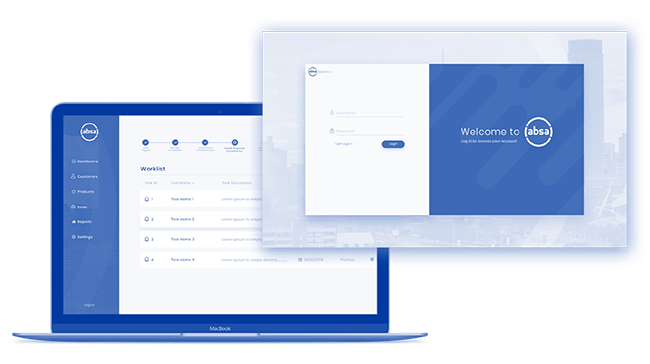
Credit Scoring System, Merchant Onboarding
Credit Scoring and Referral:
With the introduction of the FIC Amendment Act in South Africa, the bank was forced to implement this rule within 2 months. Neutrinos low code platform successfully implemented a digital onboarding solution on time, with KYC and background verification capabilities.
Wealth management
Home loans origination system
Merchant Onboarding:
- Opening new POS account, case management for POS installation and setup
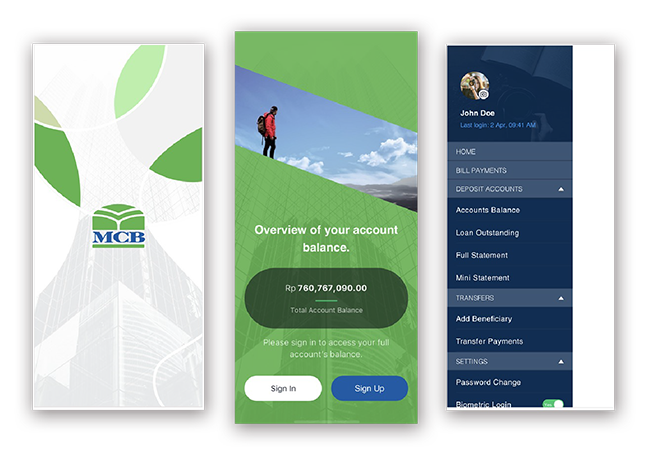
It’s all about being Progressive.
Mobile customer portals for basic account data
Mobile lead capturing and promo apps for new clients
Instant notifications of account transactions
Smart messaging and reminders for dues, dates and amount

Mobile help desk and chats for customer support
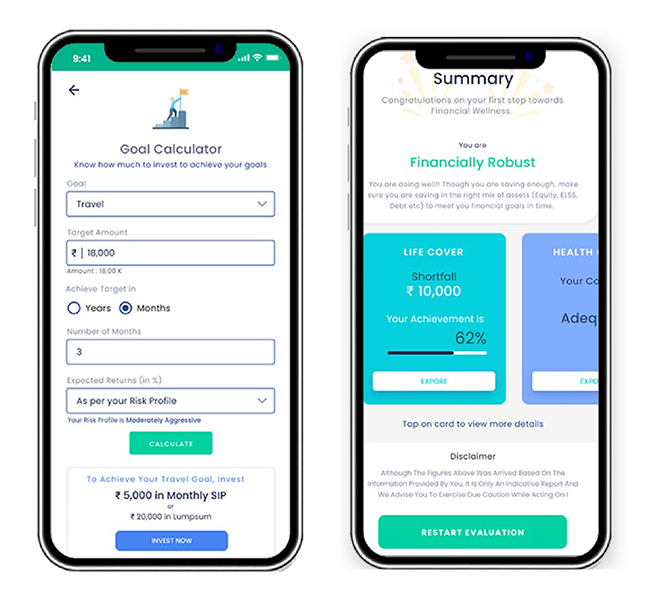
Smart Banking, at your fingertips.
- The Wealth App integrates into multiple banks & insurance systems to provide numerous dimensions for the customer to plan their savings, investments, and insurance.
- It recommends the top funds to the customers and allows them to switch and redeem the funds at any time.
- Customers enjoy clear visibility about the invested fund performance by highlighting the fund distribution.
- The Wealth App covers Child Education, Life Covers, Health Covers, Loans, Emergency, and Retirement Funds.
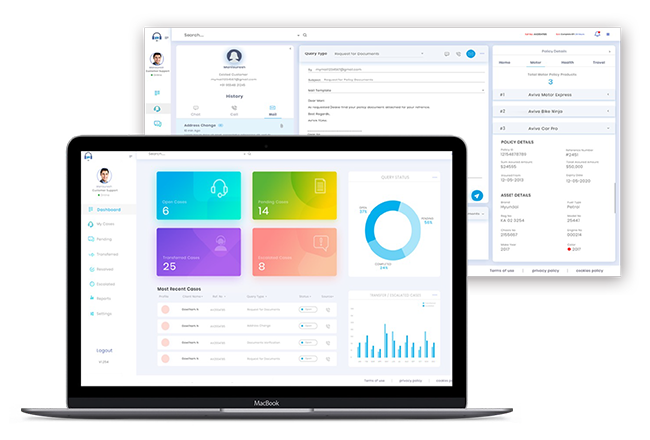
Keeping customers happy, at every step.
With Neutrinos low code API integrations, developed a client onboarding banking application to automatically gather customer queries coming from multiple sources, such as email, call center, social media, and WhatsApp, and resolve them within a single interface. The app was able to automatically classify the query and create a ticket, assigning it to relevant functions or departments, and provide timely assistance.
- AI: Integration to analyze the patterns of churn and help upsell customers on new products and services
- Chat Bot: Integration into custom built or 3rd-party chat bots for intelligent self service
- IVR Integration: Automatically load customer profile and data once the caller is identified, and launch satisfaction surveys once the call is over
- Case Management: Resolve cases quickly by providing agents with full context of the relevant case
- Customer Service Agent Portal: Displaying the customer portfolio, products, & transactions with the bank for a 360 view of the customer & their satisfaction level with different touch points
- Operations: Performing operations on behalf of the customer such as payments, transfers, setting up standard instructions
- Complaints Management: Capturing customer complaints, following up and routing to concerned teams
